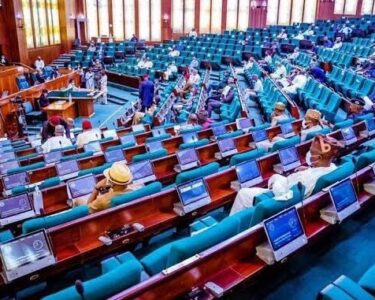The Nigerian Communications Commission (NCC) is taking steps to promote clean energy in the telecommunications sector to help reduce carbon emissions.
Barrister Adeleke Adewolu, the NCC’s Executive Commissioner for Stakeholder Management, said the commission is committed to reducing the impact of telecom operations on the environment. He noted that Nigeria’s unreliable electricity supply has led the telecommunications sector to rely heavily on generators, contributing to carbon emissions.
Ahead of the 2023 World Consumer Rights Day (WCRD) in Abuja, Adewolu spoke about the NCC’s efforts to introduce clean energy in the industry. He explained that research has shown that using renewable energy and improving energy efficiency could reduce more than 90% of carbon emissions linked to energy use. He added that the best way to speed up global energy transformation is to increase the use of renewable electricity.
In his speech, NCC Executive Vice Chairman Prof. Umar Garba Danbatta, who represented Adewolu at the event, explained how the commission is tackling the issue of climate change. He said, “The telecom sector is part of the global emissions problem, especially considering the more than 54,000 telecom towers in Nigeria that run 24/7 on diesel-powered generators. This is a big contributor to emissions.”
The NCC is now working on policies that will encourage the use of cleaner energy sources. These efforts align with the commission’s broader goal to protect the environment and support the United Nations’ Sustainable Development Goals (SDGs).
Since 2017, the NCC has held annual events to raise awareness of consumer protection. The theme for this year’s World Consumer Rights Day is “Empowering Consumers through Clean Energy Transitions.”
Adewolu also mentioned that the NCC’s regulatory framework for infrastructure sharing is helping telecom operators make the most of existing infrastructure. This is especially important as many companies in Nigeria rely on diesel generators due to the poor power supply. The policy is helping reduce the need for building new telecom sites.




